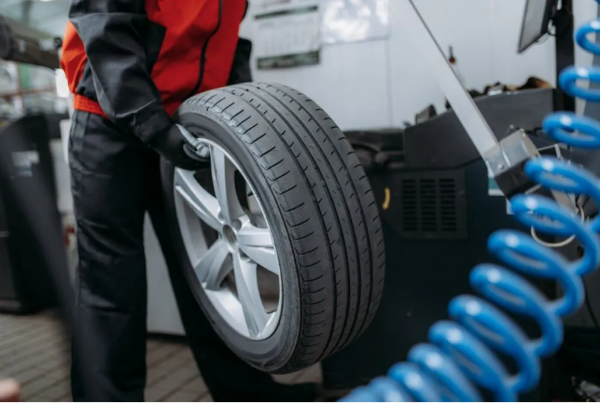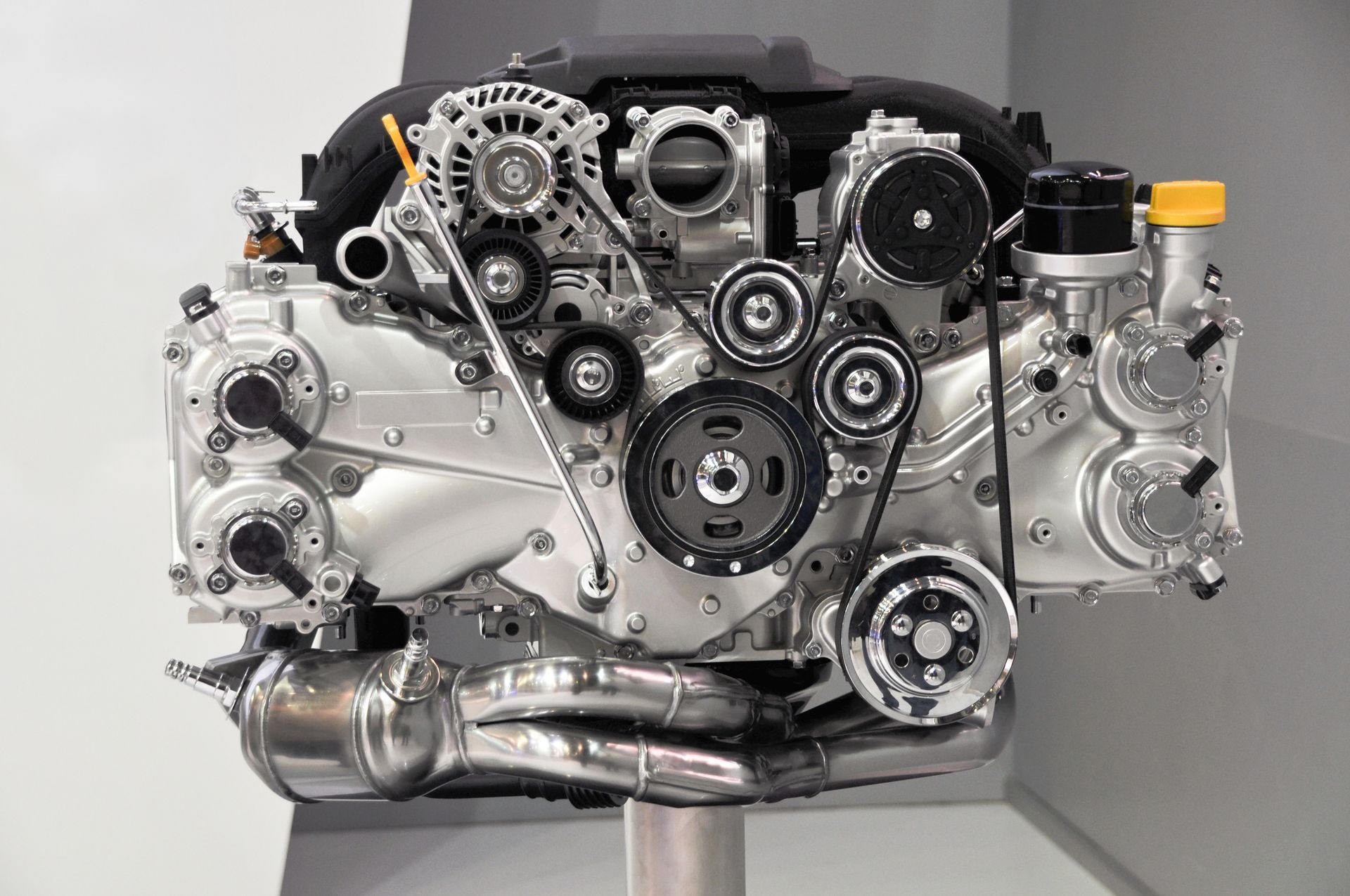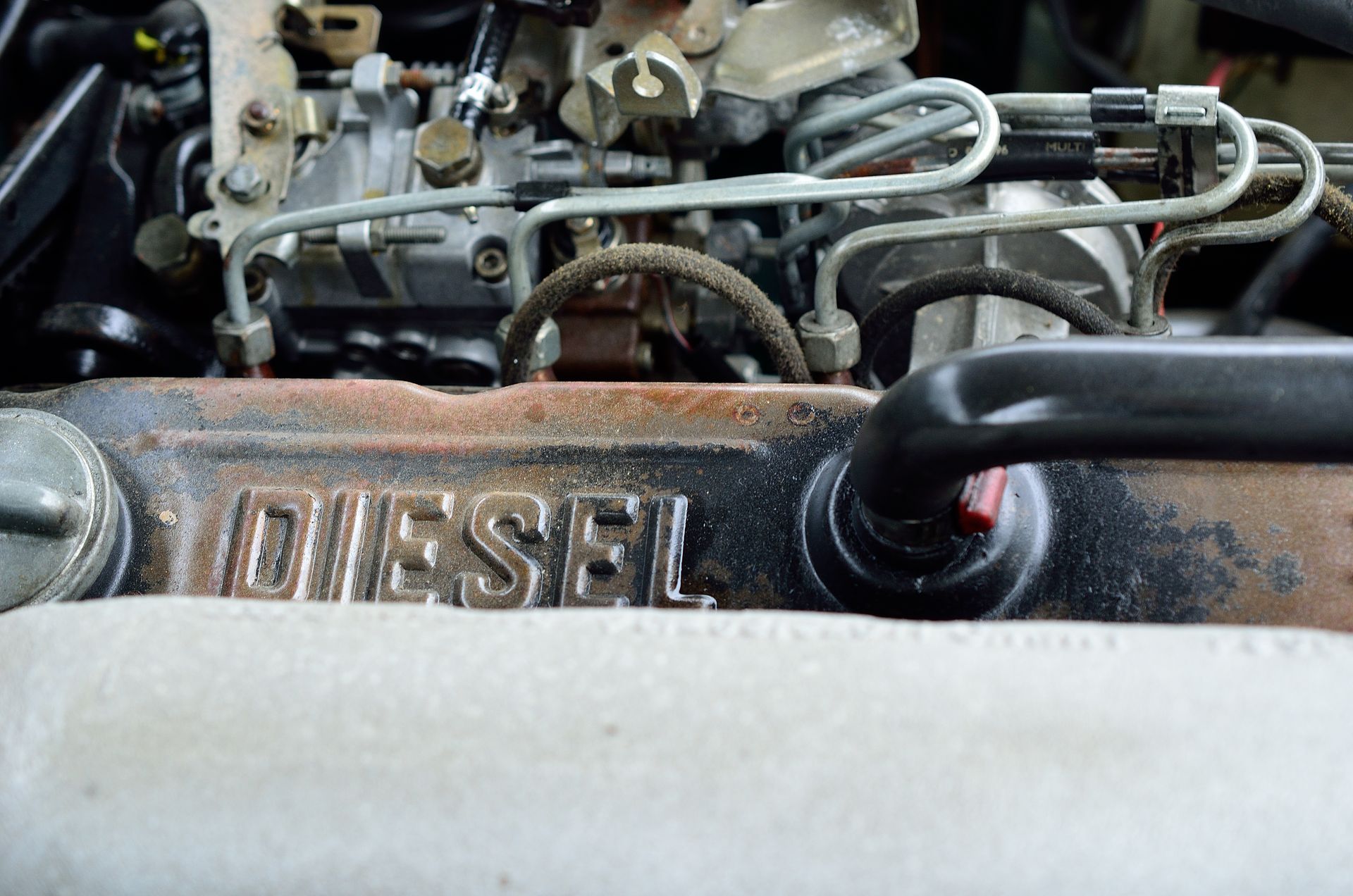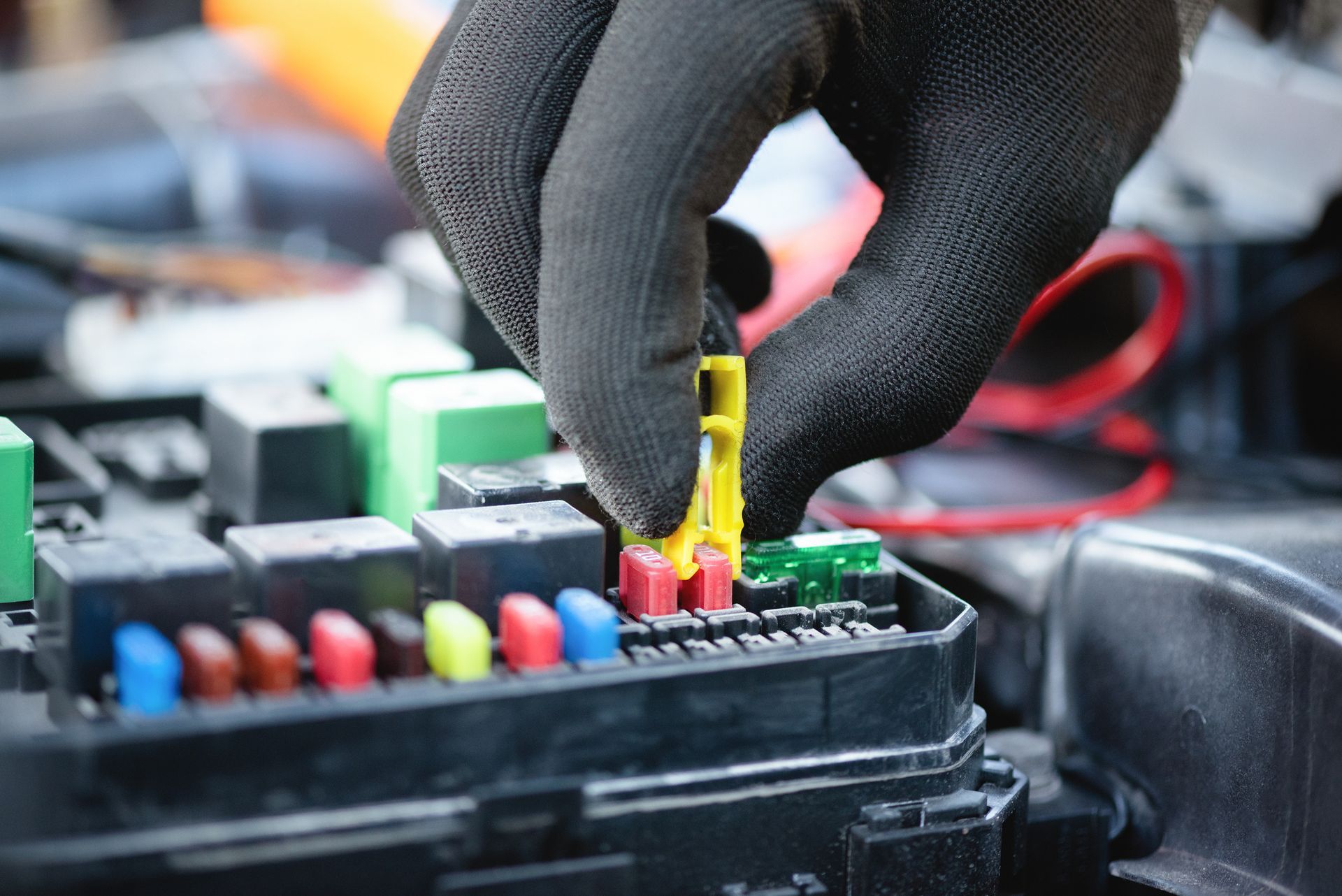Your turn signals are supposed to blink at a steady pace—not speed up like they’re in a rush. When they start flashing faster than usual, it’s usually a sign that something’s not working quite right, most often a burnt-out bulb or a wiring issue.
While it might not seem urgent, ignoring it can leave you without a working signal on one side—something that affects both safety and visibility. So, what causes this sudden change in blink rate, and how should you handle it?
A Burned-Out Bulb
The most likely reason for fast blinking is a burned-out bulb. Most vehicles are wired to blink faster when one of the bulbs in the circuit is no longer working—either in the front or rear. This is a built-in signal to alert you that something's wrong since you might not notice a dead bulb otherwise.
If your left turn signal blinks rapidly, for example, it usually means the left front or rear signal bulb has failed. Walk around your vehicle while the signal is on and look for one that’s out.
Loose or Corroded Bulb Socket
Sometimes the bulb itself is still good, but the socket it plugs into has corrosion or a loose connection. This can interrupt the circuit, causing the same rapid-blinking behavior.
Moisture can get into the socket from a cracked lens or bad seal, especially in older vehicles or those exposed to wet conditions. If cleaning the socket or reinserting the bulb temporarily solves the problem, that’s a sign the socket may need to be repaired or replaced.
Recent LED Bulb Installation
If you’ve upgraded your turn signals to LEDs and didn’t install a resistor or a compatible flasher relay, your car may think a bulb is burned out. That’s because LED bulbs draw much less current than traditional incandescent ones. The lower resistance tricks the flasher system into thinking something’s missing, which leads to hyper flashing.
To fix this, you’ll need to install load resistors or a flasher relay designed for LED use. These components restore the proper electrical resistance and stop the rapid blinking.
Damaged Flasher Relay or Module
The flasher relay is the component that controls the blinking rate of your signals. If it starts to fail, it can cause inconsistent flashing, fast blinking, or even no flashing at all.
On many newer vehicles, this function is controlled by the body control module (BCM) instead of a standalone relay. If that’s the case, a scan tool may be needed to diagnose the issue properly.
Wiring Issues or Ground Faults
In rare cases, the cause could be deeper in your vehicle’s wiring. A damaged wire, poor ground connection, or a short signal circuit can cause erratic behavior. This is more likely in older vehicles or those that have had recent electrical work.
Signs of a wiring issue include:
Flickering or intermittent signal lights- Blinking rate changing on its own
- One side of the vehicle behaves differently from the other
If you’ve ruled out the bulb, socket, and relay, it’s time for a more thorough electrical inspection.
Don’t Ignore the Flashing
Fast turn signals are more than just a nuisance—they reduce visibility for other drivers and can be a safety hazard. If your rear signal isn’t working properly, people behind you may not realize you’re slowing or turning. And if the front signal is out, your intentions may not be clear in traffic.
Fixing the issue quickly ensures that your signals continue doing their job: communicating your next move on the road.
Brady’s Auto Repair and Diesel – Signal and Lighting Repairs in Boerne, TX
If your turn signals are blinking faster than they should, bring your vehicle to
Brady’s Auto Repair and Diesel in Boerne, TX. We’ll track down the issue—whether it’s a burned-out bulb, wiring problem, or compatibility issue with LED lighting—and get your signals flashing at the proper pace again.






